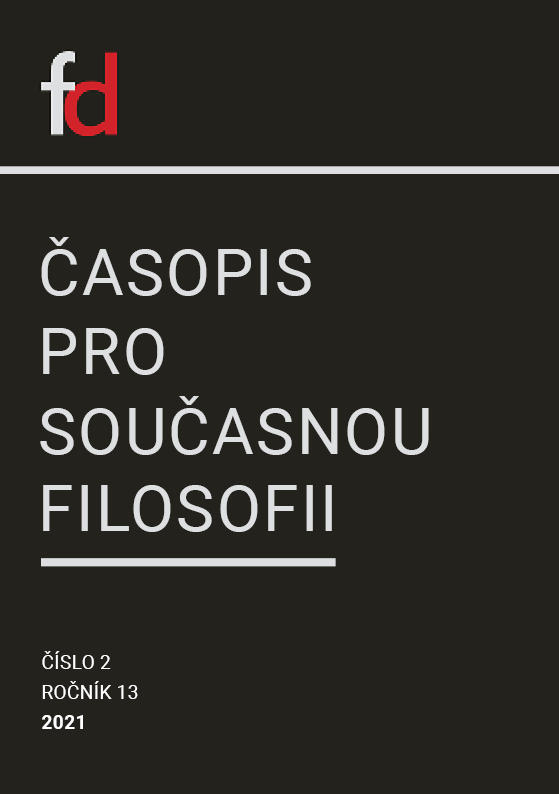Educational Role of Sport with Respect to the Thinkers Socrates, Plato, and Aristotle In Relation to the Problematics of a Good Sport and a Good Life
DOI:
https://doi.org/10.26806/fd.v13i2.334Abstract
This manuscript deals with the problematics of ancient Greek sport, specifically with the significance of sporting practices and their educational role. Attention is given to a detailed analysis of the positions of the philosophers Socrates, Plato, and Aristotle. After demonstrating the context, the author presents and interprets fundamental philosophical and religious premises of the athletic performance and its educational role. Among the identified features are the effort of acquiring divine favour, immortality, higher social status, but also the ideals of kalokagathia, aretê, and other virtues. Important dimension of ancient Greek sport is also found in its formative potential which aims at the preparation for intellectual life. The main part of the article is focused on the approaches of the philosophers Socrates, Plato, and Aristotle towards the sporting practices. These thinkers made an important contribution to the understanding of the educational role of sport. Then, the author identifies a good sport according to these thinkers and examines the role of such sport in the context of a good life, which is considered in the Aristotelian perspective as achieving beatitude (eudaimonia). The aim of this article is to identify and highlight an educational purpose of sport, underlines its philosophical connotations, and demonstrate its possible role in the context of a good life.
Keywords: philosophy of sport, philosophy of education, aretê, kalokagathia, good sport, good life
Downloads
Published
Issue
Section
License
Authors who publish in this journal agree that:
1. Authors retain copyright and guarantee the journal the right of first publishing. All published articles are licensed under the Creative Commons Attribution license, which allows others to share this work under condition that its author and first publishing in this journal was acknowledged.
2. Authors may enter into other agreements for non-exclusive dissemination of work in the version in which it was published in the journal (for example, publishing it in a book), but they have to acknowledge its first publication in this journal.
3. Authors are allowed and encouraged to make their work available online (for example, on their websites) as such a practice may lead to productive exchanges of views as well as earlier and higher citations of published work (See The effect of open access).


